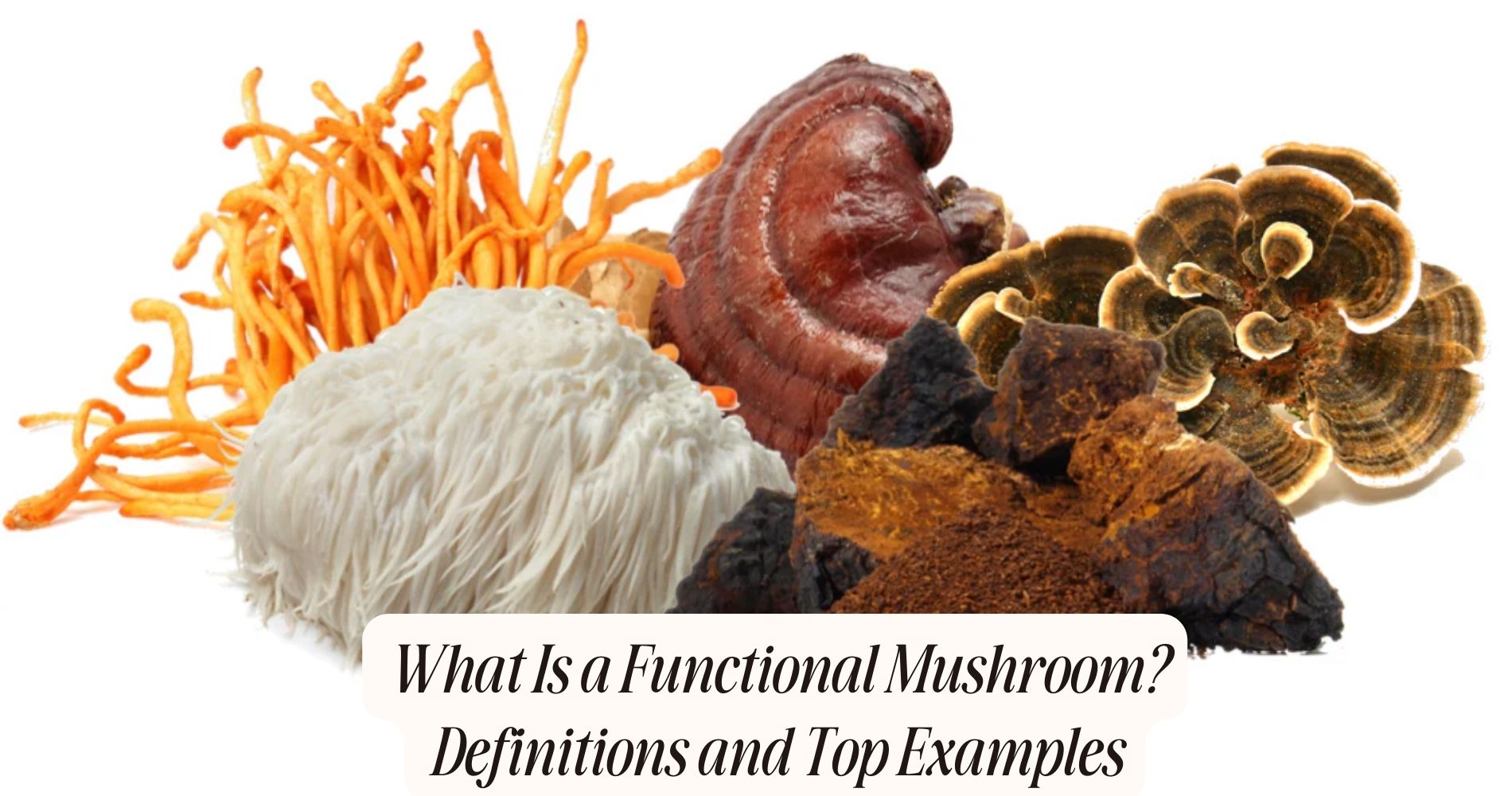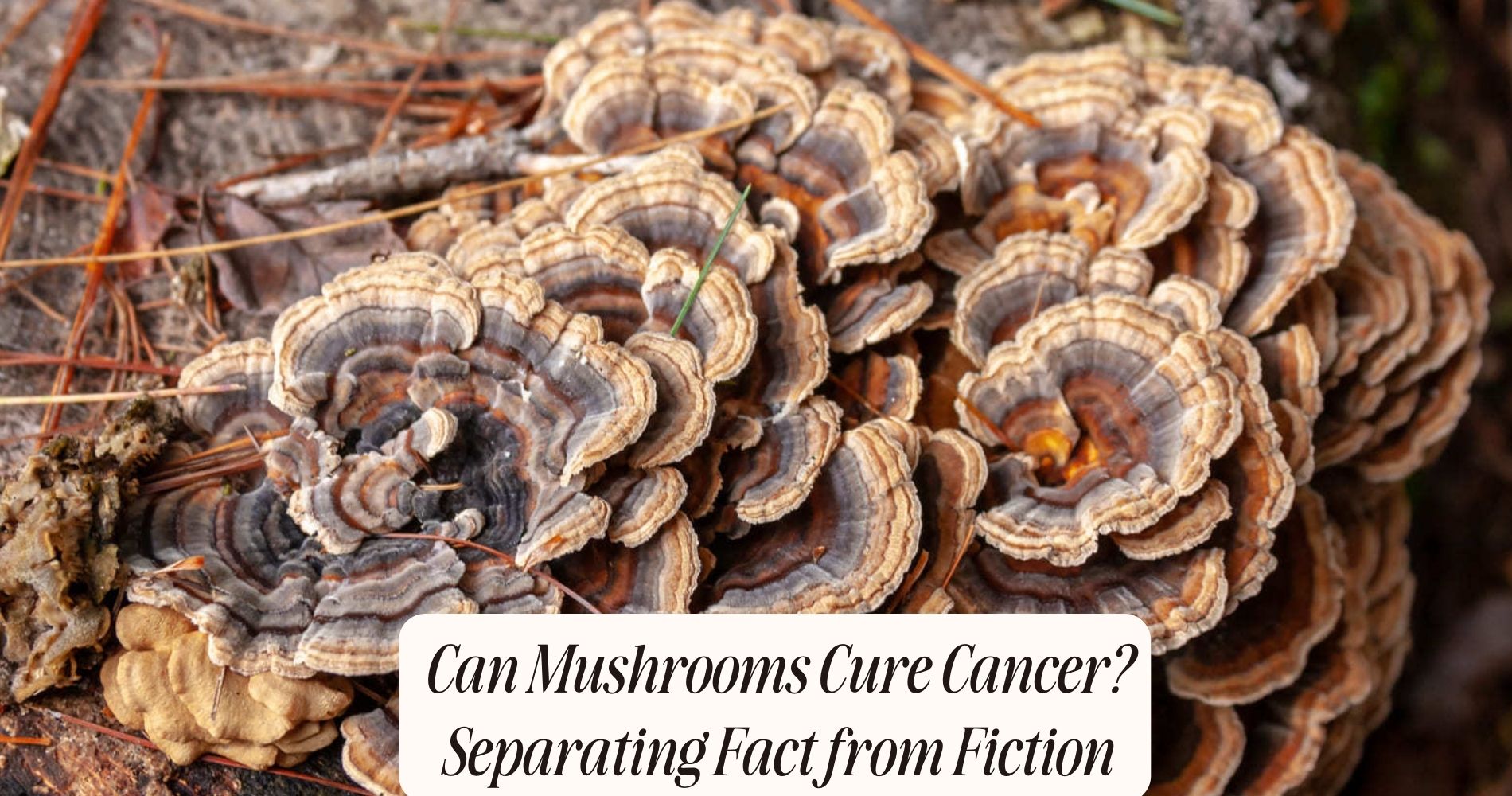
Can Lion's Mane Help with ADHD? Potential Benefits and Research
Understanding ADHD
ADHD, or Attention-Deficit/Hyperactivity Disorder, is a neurodevelopmental condition characterized by persistent patterns of inattention, hyperactivity, and impulsivity that interfere with functioning or development. To diagnose ADHD, clinicians rely on established diagnosis criteria outlined primarily in the DSM-5. These criteria include a range of symptoms such as difficulty sustaining attention, frequent fidgeting, and acting without thinking, which must be present for at least six months and be inappropriate for the individual's developmental level.
Managing symptoms of ADHD involves a multimodal approach. Behavioral interventions, cognitive-behavioral therapy, and educational accommodations are common non-pharmacological strategies. Pharmacological treatments, including stimulants like methylphenidate and non-stimulants like atomoxetine, are often used to improve focus and reduce impulsivity and hyperactivity. These treatments aim to balance neurotransmitter levels, particularly dopamine and norepinephrine, which play vital roles in attention and behavior regulation.
Regular follow-ups are essential for effective symptom management, allowing for adjustments in treatment plans based on individual responses. Understanding the complexities of ADHD and adhering to established diagnosis criteria are critical for developing effective management strategies tailored to each person's needs.
What Is Lion's Mane?
Lion's Mane, a medicinal mushroom known scientifically as Hericium erinaceus, has garnered attention for its potential cognitive-enhancing properties. Classified under the fungal taxonomy, it belongs to the Hericiaceae family within the Basidiomycota division. This mushroom is easily recognizable due to its unique, cascading white spines resembling a lion's mane, hence its name.
In addition to its medicinal prospects, Lion's Mane finds its place in culinary uses, particularly in East Asian cuisine. You can explore or investigate it, and it often serves as a substitute for seafood due to its texture and flavor. Unlike many other mushrooms, it offers a slightly sweet taste and an umami-rich profile, making it a versatile ingredient in various dishes.

From a scientific perspective, Lion's Mane contains bioactive compounds like hericenones and erinacines, which have been subjects of numerous studies. These compounds are believed to influence nerve growth factor (NGF) synthesis, potentially affecting neural health.
As you examine further into its properties, you'll find that its dual role in nutrition and medicine makes it a subject of growing interest in both clinical and culinary fields.
Cognitive Benefits of Lion's Mane
Numerous studies have indicated that Hericium erinaceus may offer significant cognitive benefits, particularly through its influence on nerve growth factor (NGF) synthesis. NGF is critical for the growth, maintenance, and survival of neurons, which are essential for cognitive functions. By promoting NGF synthesis, Lion's Mane can enhance neurogenesis and synaptic plasticity, contributing to overall cognitive enhancement.
You might find it interesting that this mushroom's neuroprotective properties extend beyond just promoting NGF. Research shows that Lion's Mane contains bioactive compounds like hericenones and erinacines, which have been demonstrated to protect against neuronal damage and oxidative stress. These compounds help maintain the integrity of neuronal cells, thereby supporting long-term brain health.

Moreover, clinical trials have provided evidence that Lion's Mane can improve cognitive functions such as memory, focus, and processing speed. For instance, a double-blind, placebo-controlled study found that participants who consumed Lion's Mane extract showed significant improvements in cognitive function compared to those who took a placebo. These findings suggest that incorporating Lion's Mane into your diet could offer a natural means of cognitive enhancement and neuroprotection.
Research on Lion's Mane and ADHD
Building on the cognitive benefits of Lion's Mane, emerging research is examining its potential efficacy in managing symptoms of ADHD. Preliminary studies suggest that Lion's Mane may influence neurotrophic factors, which are critical for brain health and cognitive function. Researchers are particularly interested in its effects on attention, executive function, and memory—all areas impacted by ADHD.
Clinical trials are in the early stages, but initial results are promising. One small-scale study found that participants taking Lion's Mane extract demonstrated improved attention and reduced hyperactivity compared to a placebo group. However, more extensive, double-blind studies are needed to confirm these findings and establish dosage guidelines.
In addition to clinical trials, user testimonials provide anecdotal evidence supporting the mushroom's potential benefits for ADHD. Many individuals report enhanced focus, reduced impulsivity, and better overall mental clarity after incorporating Lion's Mane into their routines. While these testimonials are encouraging, they should be interpreted cautiously until validated by more rigorous scientific research.
As the body of evidence grows, Lion's Mane could become a viable adjunctive treatment for ADHD. However, it's essential to consult healthcare providers before starting any new supplement regimen, given the complexity of ADHD treatment.
How to Use Lion's Mane
Incorporating Lion's Mane into your routine requires understanding the appropriate forms, dosages, and timing to maximize its potential benefits for ADHD. Lion's Mane is available in various supplement forms, including capsules, powders, and tinctures. Each form has its own advantages. Capsules offer convenience and precise dosage, while powders can be easily mixed into foods or beverages. Tinctures, although less common, provide a highly absorbable option.
When it comes to dosage guidelines, research is still evolving, but general recommendations suggest starting with a lower dose and gradually increasing it. A typical dosage range for Lion's Mane is 500-3000 milligrams per day. It's advisable to consult with a healthcare professional to determine the most appropriate dosage for your specific needs.

Timing is another important factor. Some studies indicate that taking Lion's Mane in the morning can help improve focus and cognitive function throughout the day, which is particularly beneficial for managing ADHD symptoms. However, individual responses can vary, so monitoring how your body reacts and adjusting the timing accordingly is essential.
Boost Your Focus with SUPER MUSHROOM GUMMIES
If you're intrigued by the potential of Lion's Mane to aid in managing ADHD, consider enhancing your daily wellness routine with SUPER MUSHROOM GUMMIES from Well Gummies. These easy-to-consume gummies are infused with a potent mix of ten functional mushrooms, designed to naturally fuel your brain and energize your body. They deliver a calm energy, sharpen focus, and support immune health, fostering a balanced body and a clear mind. Each gummy bursts with the flavor of fresh wild berries, making them as tasty as your favorite candy. Enjoy the benefits of functional mushrooms without any jitters or crashes, allowing you to maintain peak performance throughout your day.
Frequently Asked Questions
Are There Any Known Side Effects of Taking Lion's Mane?
When considering dosage guidelines, user experiences suggest mild side effects like stomach discomfort. Clinically, these are rare, but it's important to follow recommended dosages and consult healthcare providers to minimize potential risks.
Can Lion's Mane Be Taken Alongside ADHD Medications?
You should consult your doctor before combining Lion's Mane with ADHD medications. Current research on Lion's Mane dosage and medication interactions is limited, making it essential to get professional advice to avoid potential adverse effects.
How Long Does It Take to See Results From Lion's Mane?
You'll typically start seeing results from Lion's Mane within 2-4 weeks, depending on the effective dosage. Personal experiences vary, but scientific studies suggest consistent use is key for noticeable benefits. Consult your healthcare provider for guidance.
Is Lion's Mane Safe for Children With Adhd?
When considering Lion's Mane for children with ADHD, always consult a healthcare provider. Child safety is paramount, and dosage guidelines aren't well-established for kids. Clinical studies are limited, so professional advice is essential.
Where Can I Purchase High-Quality Lion's Mane Supplements?
You can purchase high-quality Lion's Mane supplements from reputable brands like Host Defense or Real Mushrooms. Look for various dosage forms such as capsules, powders, and tinctures to find what suits your needs best.
Conclusion
To sum up, while research on Lion's Mane and ADHD is still emerging, initial studies suggest it may offer cognitive benefits that could help manage ADHD symptoms.
You should consider consulting with a healthcare professional before incorporating Lion's Mane into your regimen. As science continues to explore this natural supplement, you might find it a valuable addition to traditional ADHD treatments.
More rigorous research is needed to fully understand its efficacy and safety.




